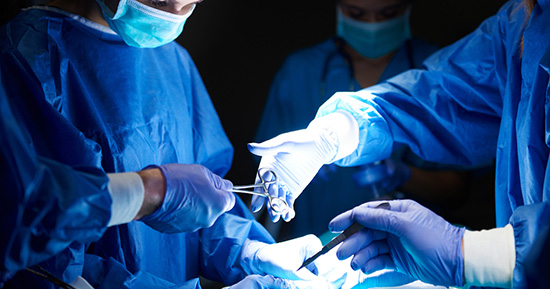When most people think of the operating room, they picture the surgeon and the anesthesiologist. But there is another group of professionals who play a critical role in ensuring the success of the surgery and the safety of the patient: the neuromonitoring technologists.
At EPIOM, our skilled technologists are the backbone of our neuromonitoring services. These highly trained professionals are responsible for setting up and operating the complex equipment that is used to monitor the patient’s neurological function during the surgery. They work closely with the surgeon and the anesthesiologist to ensure that everything is running smoothly and that any changes in the patient’s condition are quickly detected and addressed.

Being a neuromonitoring technologist requires a unique set of skills and knowledge. They must have a deep understanding of neuroanatomy and neurophysiology, as well as expertise in the use of sophisticated monitoring equipment. They must also be able to think quickly and make accurate decisions under pressure, as the patient’s safety and well-being depend on their ability to interpret the data and communicate effectively with the surgical team.
At EPIOM, we are proud to have some of the most skilled and dedicated technologists in the industry. Many of our technologists have been with us for years, and they bring a wealth of experience and expertise to every case they work on. They are passionate about their work and are committed to providing the highest level of care to every patient.
One of the things that sets our technologists apart is their commitment to ongoing education and training. We believe that in order to stay at the forefront of the field, our staff must be constantly learning and updating their skills. That’s why we provide regular in-house training sessions and support our technologists in attending conferences and workshops to stay up-to-date on the latest advances in neuromonitoring.
Another key aspect of our technologists’ role is their ability to work collaboratively with the surgical team. They are not just there to operate the equipment – they are an integral part of the team, working closely with the surgeon and anesthesiologist to ensure the best possible outcome for the patient. This requires strong communication skills, as well as the ability to adapt to the unique needs and preferences of each surgeon and patient. Browse our website today to learn more at: https://epiomneuro.com.
